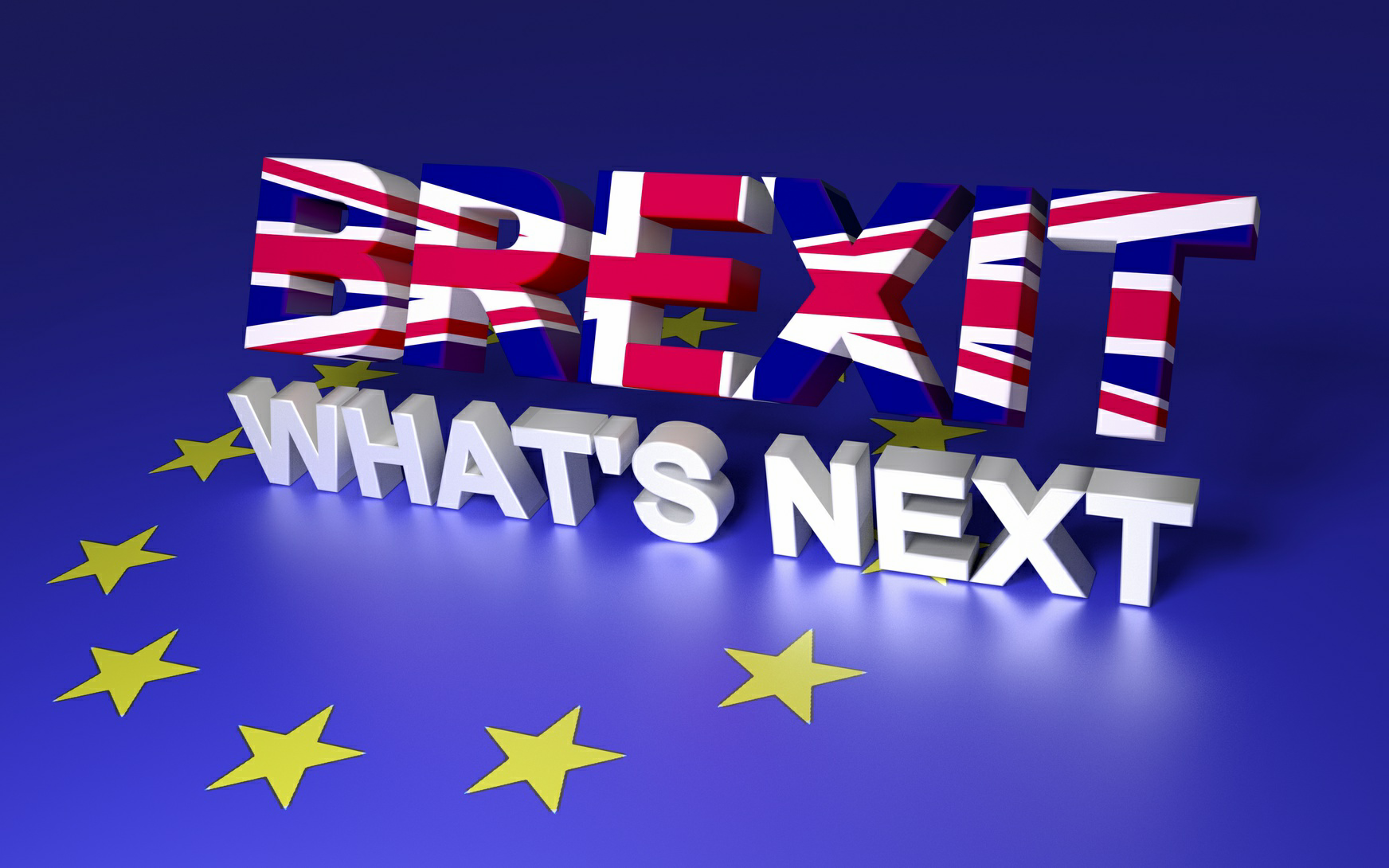A new study released by the Federation of Small Businesses or FSB has revealed that the main concern for small businesses around the country in relation to the Brexit process is that trade deals are a priority. In their report ‘Keep Trade Easy: What Small Firms Want from Brexit’ they compiled a list of their member’s priorities as the UK leaves the EU and top of the list remain the single market, despite the Prime Minister assertion that we will leave the single market.
Top results
According to the research, nearly half of those surveyed said that the US was the priority market for their business while 29% said Australia, 28% went with China as the most important market and 23% voted for Canada.
Another big question that was discussed in the study was the potential impact of tariffs being introduced for trade between the UK and the EU. 27% of small firms said this would genuinely deter them from trading with the EU if any kind of tariff was introduced. For example, if the UK traded with the EU under World Trade Organisation rules, exporters would see the ‘most favoured nation’ tariff being imposed. A further one in three said they would be deterred from EU trade if the tariff was between 2-4% – this is around the current tariff rates being applied by the EU. However, other concerns such as administrative burdens in dealing with customs are as important to small businesses as any monetary tariffs.
The impact of leaving the single market was shown in the results too. Over half (58%) of the companies surveyed said it is easier to trade with the EU single market than with non-single market EU countries with only 6% saying it was harder to trade with the single market. Around 45% of exporters and 53% of importers said that the single market trade was cheaper than non-single market trade and only 8% and 9% said it was more expensive.
FSB viewpoint
According to Mike Cherry, FSB National Chairman, the report showed that small businesses are very concerned about the trade deals that the government makes as part of Brexit. Small firms choose countries to trade with based on ease, cost and value and these are the key aspects they want to be considered for any future trade with both the single market and non-EU markets.
While the top non-EU trade partners remain the US and China, the single market is still crucial for most smaller companies who work with tighter margins and limited resources compared to large companies. And changes to the trade landscape will hit them harder than anyone.
The FSB added that they are calling on the government to ensure ‘a sensible phased implementation arrangement is put in place to avoid a cliff edge once we have left the EU’. The concerns come at a time when the UK economy cannot afford a slowdown and the importance of the single market trade cannot be overstated.
They further added that frictionless cross-border trade should be at the heart of the new customs arrangement. Also, there should be greater support for small businesses to allow them to gain full benefits from future non-EU trade deals.
Changes due to Brexit
Many smaller firms are already predicting that Brexit will alter their trade destinations with 32% expecting to export less to the EU. A further 26% think they will be exporting more to non-EU markets and the government needs to support small businesses to make certain there is no lull in trade while arrangements are made.
The changes also need to consider importers and how they will be affected. Research by the FSB shows that 69% of small business exporters are also importers and that any new deal will need to consider both of their operations.
Don’t do business alone. Join a Community.
Subscribe to our newsletter and join the ranks of 100,000+ entrepreneurs who receive weekly insights, legal updates, and compliance reminders directly in their inbox.
Conclusion
Mike Cherry finished by saying that the entire trading journey along with every cog in the supply chain should be part of the considerations for any new trade agreement. He added that trade support should be aimed at helping small companies and their needs, from priority markets to specific support measures such as trade missions. The FSB says it hopes to work with the government to look at these and other measures to help ease the pressure of Brexit on small businesses.

















